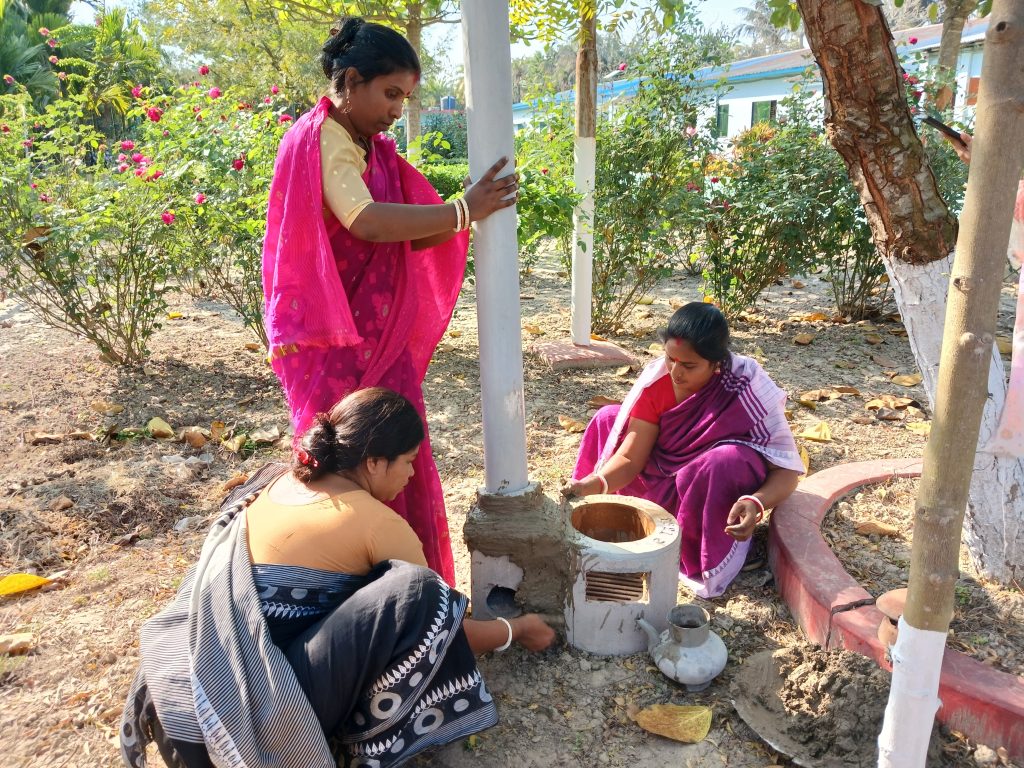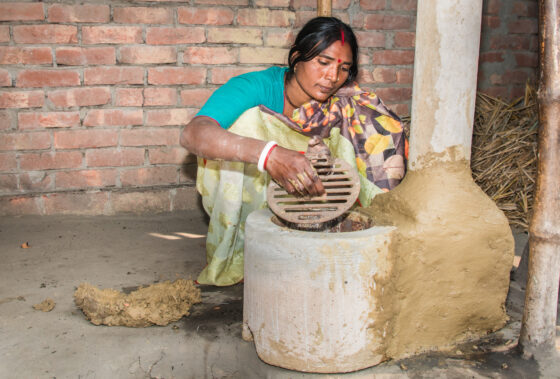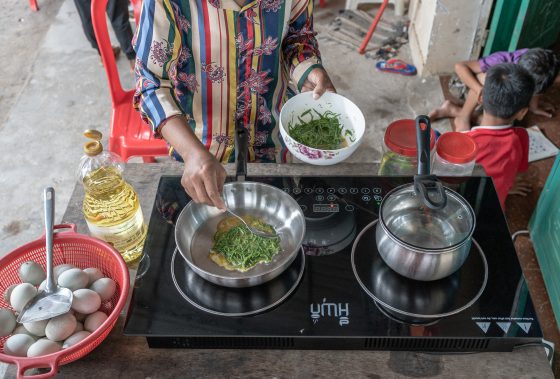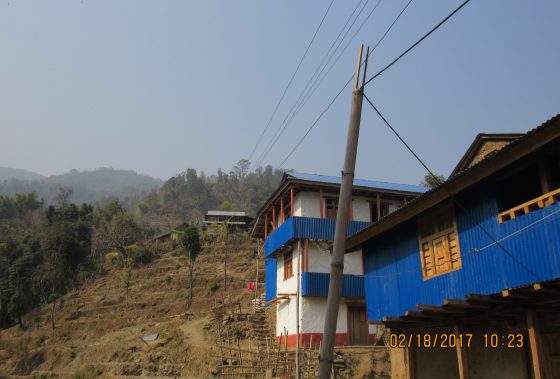
Bangladesh
Over the past 16 years (2009–2025), EnDev has been contributing to advancing sustainable energy access in rural and peri-urban areas of Bangladesh. Working in partnership with Sustainable and Renewable Energy Development Authority (SREDA), Ministry of Power, Energy and Mineral Resources (MoPEMR), and civil society partners, EnDev has strengthened the clean cooking market, improved policy frameworks, and integrated a gender inclusive and Leave No One Behind (LNOB) approach across its interventions. The programme has strengthened local livelihoods, enhanced access to clean energy, reduced indoor air pollution, low-ered CO₂ emissions, and advanced Bangladesh’s journey toward a sustainable and inclusive energy transition.
Technologies used in this project
- Improved cookstoves
- Stand-alone systems
Country data
- People with access to modern cooking energy: 2,345,860*
- People with access to electricity: 1,823,858*
- SIs with access to modern energy services: 970*
- MSMEs with access to modern energy services: 25,505*
- *Achievements until September 2025
Approach
Through interventions on improved biomass cookstoves, biogas digesters, e-cooking appliances, and decentralised solar solutions (solar lanterns, solar home systems, mini-grids, and solar battery charging station for e-rickshaws), EnDev reached remote and vulnerable communities, including rural and indigenous populations. Its gender-transformative focus, training women and indigenous groups as technicians, entrepreneurs, and after-sales service providers, advances both gender equality and the LNOB agenda. EnDev’s integrated focus on energy access, environmental protection, and capacity development underscores its policy relevance and social coherence in Bangladesh’s energy transition. Through its intervention in Bangladesh, EnDev has effectively translated its objectives into tangible, measurable results across multiple clean-energy technologies.
EnDev reached 2.35 million people with clean cooking solutions in partnership with more than 250 non-governmental organisations. These stoves have reduced fuel use, improved indoor air quality, and reduced women’s workload. From 2023 on, EnDev shifted its focus towards higher-tier cooking, supporting the distribution of 23,730 e-cooking appliances, including rice cookers and induction stoves, alongside working on national testing and standard-setting for e-cooking.
Beyond expanding access to clean cooking, EnDev trained around 2,500 local technicians, over half of them women and about 400 from marginalised, indigenous communities, in installation, maintenance, and sales. In addition, EnDev reached over 25,000 rural people through behavioural change campaigns promoting clean cooking adoption. Furthermore, 1,174 institutional and commercial biogas digesters were installed, converting animal waste into clean cooking energy and organic fertilizer.
Through its electrification activities, EnDev reached 1.82 million people via solar home systems, mini-grids, and solar lanterns, providing electricity to remote and marginalised households and contributing to the government’s goal of nationwide electrification. EnDev also piloted a solar-powered battery charging station for e-rickshaws with net metering system in Rajshahi. The model has been replicated by a private investor in Bogura – an innovative example of the productive use of solar energy in mobility.
Learn more about EnDev´s approach
Strengthening the Entrepreneurial Ecosystem for Clean Cooking (SEE-CC)
In close partnership with EnDev, the SEE-CC programme introduces a new private-sector approach to promote clean and affordable cooking in Bangladesh, Burkina Faso, Cambodia, Ethiopia, Kenya, Mali, Niger and Uganda.
Strengthening the Entrepreneurial Ecosystem for Clean Cooking (SEE-CC)


